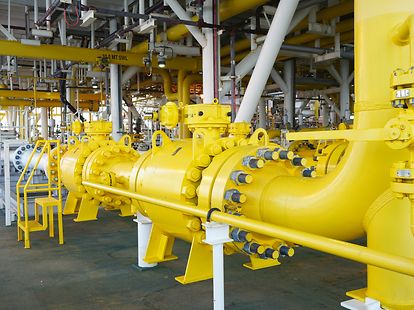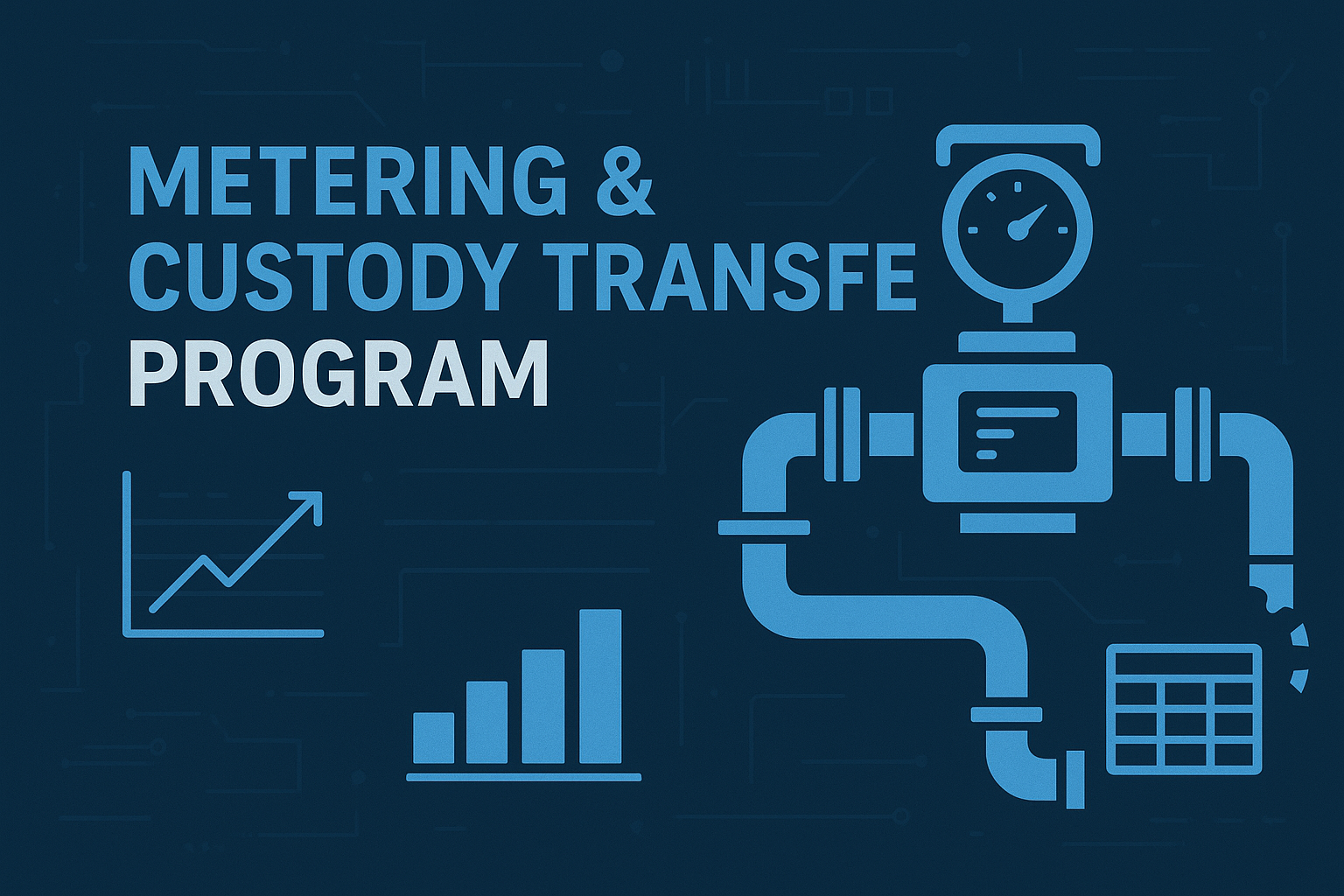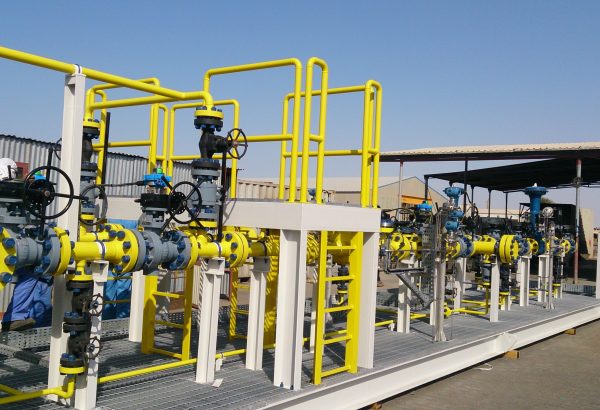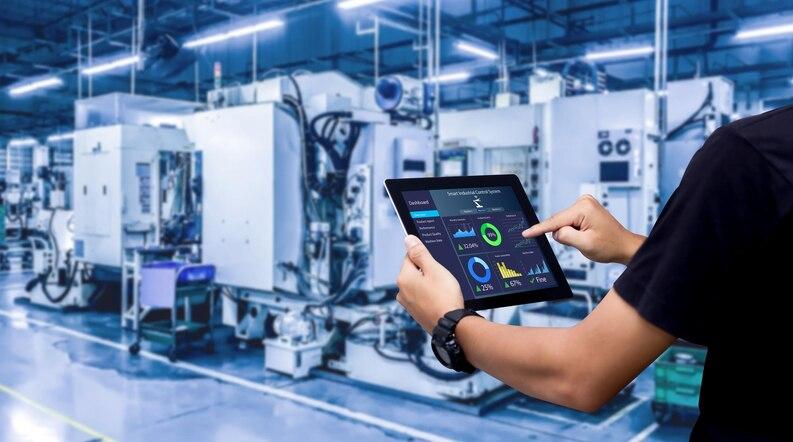

Overview of Flow Measurement
Measurement Units and Conversions
Differential Pressure (DP) Flow Meters
Positive Displacement (PD) Flow Meters
Turbine Flow Meters
Electromagnetic (Mag) Flow Meters
Ultrasonic Flow Meters
Coriolis Flow Meters
Vortex Flow Meters
Factors Affecting Measurement Accuracy
Measurement Uncertainty
Error Detection and Correction
Custody Transfer Overview
Custody Transfer Standards and Protocols
Critical Considerations in Custody Transfer
Flow Measurement Systems for Custody Transfer
Calibration Procedures
Maintaining Flow Meters
Traceability and Calibration Certification
Installation Considerations
Commissioning Procedures
Flow Data Analysis
Custody Transfer Reporting
Reporting Software and Tools
Health, Safety, and Environmental (HSE) Considerations
Troubleshooting and Best Practices
Case Studies in Oil & Gas, Petrochemical, and Water Industries
Hands-on Practical Training
CDGA attendance certificate will be issued to all attendees completing minimum of 75% of the total course duration.
| Code | Date | Venue | Fees | Register |
|---|---|---|---|---|
| IE100-02 | 11-05-2026 | Istanbul | USD 5950 | |
| IE100-03 | 26-07-2026 | Riyadh | USD 5450 | |
| IE100-04 | 15-11-2026 | Doha | USD 5450 |

This course aims to provide participants with the knowledge and practical skills needed to operate and maintain custody transfer metering systems, with a focus on accuracy, standards, calibration, and ...

A Custody Transfer Metering Operations course typically focuses on the principles, technologies, and procedures involved in the accurate measurement of fluids (such as oil, gas, or chemicals) during t ...

This course consists of pressure, level, flow, temperature measurement, analogue and discrete signal transmission techniques, process control concepts modes of Proportional, Integral, Derivative (P.I. ...
Providing services with a high quality that are satisfying the requirements
Appling the specifications and legalizations to ensure the quality of service.
Best utilization of resources for continually improving the business activities.
CDGA keen to selects highly technical instructors based on professional field experience
Since CDGA was established, it considered a training partner for world class oil & gas institution
3012, Block 3, 30 Euro Business Park, Little Island, Co. Cork, T45 V220, Ireland
Mon to Fri 09:00 AM to 06:00 PM
Contact Us anytime!
Request Info